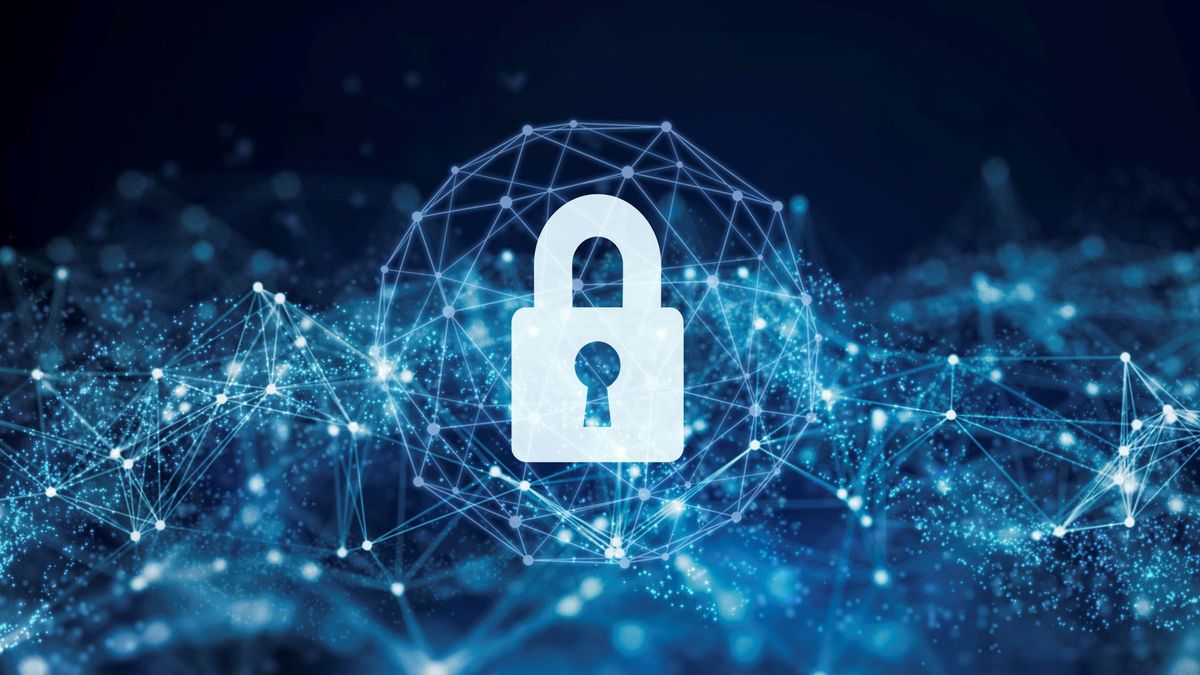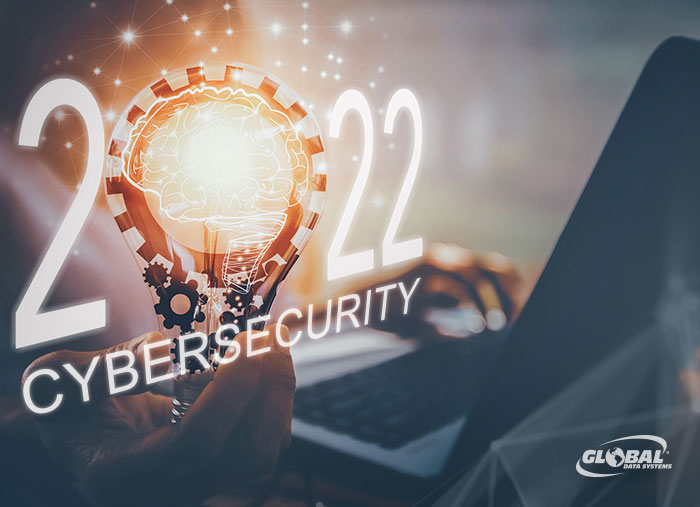Increase cyber resilience for better protection against evolving attacks.
Increase cyber resilience for better protection against evolving attacks.
Blog Article
The Following Frontier: Insightful Cybersecurity Predictions for the Coming Year
As we come close to the brand-new year, the cybersecurity landscape is on the brink of significant makeover. Key variables such as the integration of sophisticated AI modern technologies, the unavoidable increase of advanced ransomware, and the firm of information personal privacy regulations are shaping the future of digital safety and security.
Increase of AI in Cybersecurity
In the quickly advancing landscape of cybersecurity, the assimilation of artificial intelligence (AI) is emerging as a critical force in improving risk detection and reaction abilities. AI innovations, such as device discovering formulas and deep discovering versions, are being significantly released to examine huge amounts of data and determine patterns indicative of security threats. 7 Cybersecurity Predictions for 2025. This enables companies to proactively resolve susceptabilities before they can be exploited
The rise of AI in cybersecurity is specifically substantial in its capability to automate routine jobs, permitting human experts to focus on even more intricate safety problems. By leveraging AI, cybersecurity groups can decrease reaction times and improve the precision of risk assessments. AI systems can adjust and learn from brand-new hazards, constantly improving their discovery mechanisms to remain ahead of destructive actors.
As cyber hazards end up being a lot more sophisticated, the requirement for advanced remedies will drive more investment in AI modern technologies. This trend will likely bring about the development of boosted safety and security devices that incorporate anticipating analytics and real-time monitoring, inevitably fortifying business defenses. The change towards AI-powered cybersecurity options represents not just a technical shift however a basic change in exactly how organizations approach their safety strategies.
Boost in Ransomware Strikes
Ransomware attacks have actually become a common hazard in the cybersecurity landscape, targeting organizations of all sizes and throughout various markets. As we progress into the coming year, it is expected that these strikes will not only increase in frequency yet also in class. Cybercriminals are leveraging innovative strategies, consisting of using man-made knowledge and artificial intelligence, to bypass conventional protection actions and exploit vulnerabilities within systems.
The rise of ransomware assaults can be credited to several factors, including the rise of remote work and the growing reliance on digital services. Organizations are typically not really prepared for the advancing hazard landscape, leaving critical infrastructure susceptible to breaches. The financial implications of ransomware are staggering, with companies facing hefty ransom needs and possible long-term operational disruptions.
In addition, the fad of dual extortion-- where assaulters not only encrypt information yet additionally endanger to leakage sensitive information-- has obtained grip, additionally pushing sufferers to adhere to demands. Consequently, companies should prioritize robust cybersecurity actions, consisting of routine backups, more info here worker training, and incident feedback preparation, to reduce the dangers related to ransomware. Failing to do so might result in ruining effects in the year ahead.
Evolution of Information Personal Privacy Laws
The landscape of information personal privacy laws is going through considerable transformation as federal governments and organizations react to the enhancing concerns bordering personal data protection. In current years, the implementation of detailed frameworks, such as the General Information Protection Guideline (GDPR) in Europe and the California Customer Privacy Act (CCPA) in the USA, has established a criterion for stricter personal privacy laws. These guidelines emphasize consumers' civil liberties to control their information, mandating openness and responsibility from companies that collect and process individual information.

Moreover, organizations will need to enhance their compliance strategies, purchasing advanced technologies and training to safeguard sensitive details. The advancement of information personal privacy policies will not only influence just how organizations run however likewise shape consumer expectations, promoting a society of trust and security in the digital landscape.
Growth of Remote Work Vulnerabilities
As organizations proceed to welcome remote job, vulnerabilities in cybersecurity have increasingly concerned the center. The shift to versatile job setups has revealed critical spaces in protection protocols, especially as employees accessibility sensitive information from different locations and tools. This decentralized work setting produces an expanded assault surface for cybercriminals, that exploit unsafe Wi-Fi networks and personal tools to infiltrate company systems.

To mitigate these vulnerabilities, companies must prioritize detailed cybersecurity training and implement robust safety structures that encompass remote job scenarios. This includes multi-factor verification, normal system updates, and the establishment of clear procedures for data accessibility and sharing. By addressing these vulnerabilities head-on, business can cultivate a safer remote workplace while keeping Web Site operational durability despite evolving cyber risks.
Innovations in Threat Detection Technologies


Aggressive danger detection has actually become a cornerstone of contemporary cybersecurity strategies, mirroring the urgent demand to counteract significantly sophisticated cyber dangers. As organizations encounter an evolving landscape of susceptabilities, advancements in hazard detection modern technologies are vital in mitigating threats and enhancing protection postures.
One significant fad is the combination of expert system and artificial intelligence into danger discovery systems. These technologies allow the evaluation of vast amounts of information in real time, enabling the recognition of abnormalities and potentially harmful tasks that might evade conventional safety actions. Additionally, behavior analytics are being applied to establish baselines for typical individual task, making it easier to spot variances a measure of a violation.
Moreover, the rise of automated threat intelligence sharing platforms helps with collective protection initiatives throughout markets. This real-time exchange of details boosts situational recognition and accelerates response times to emerging threats.
As organizations continue to buy these sophisticated innovations, the efficiency of cyber protection systems will substantially improve, empowering security groups to remain one action in advance of cybercriminals. Eventually, these improvements will play an important role fit the future landscape of cybersecurity.
Conclusion
In recap, the approaching year is expected to witness transformative advancements in cybersecurity, driven by the combination of AI modern technologies and a check out this site significant rise in ransomware assaults. Overall, these developing characteristics emphasize the crucial relevance of adapting to an ever-changing cybersecurity landscape.
Report this page